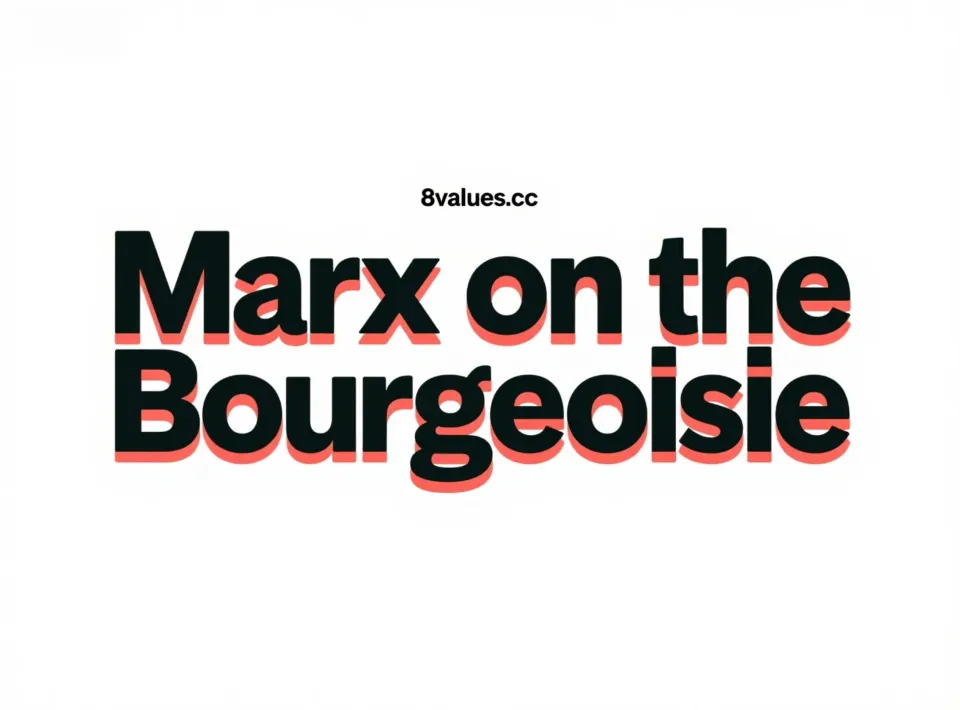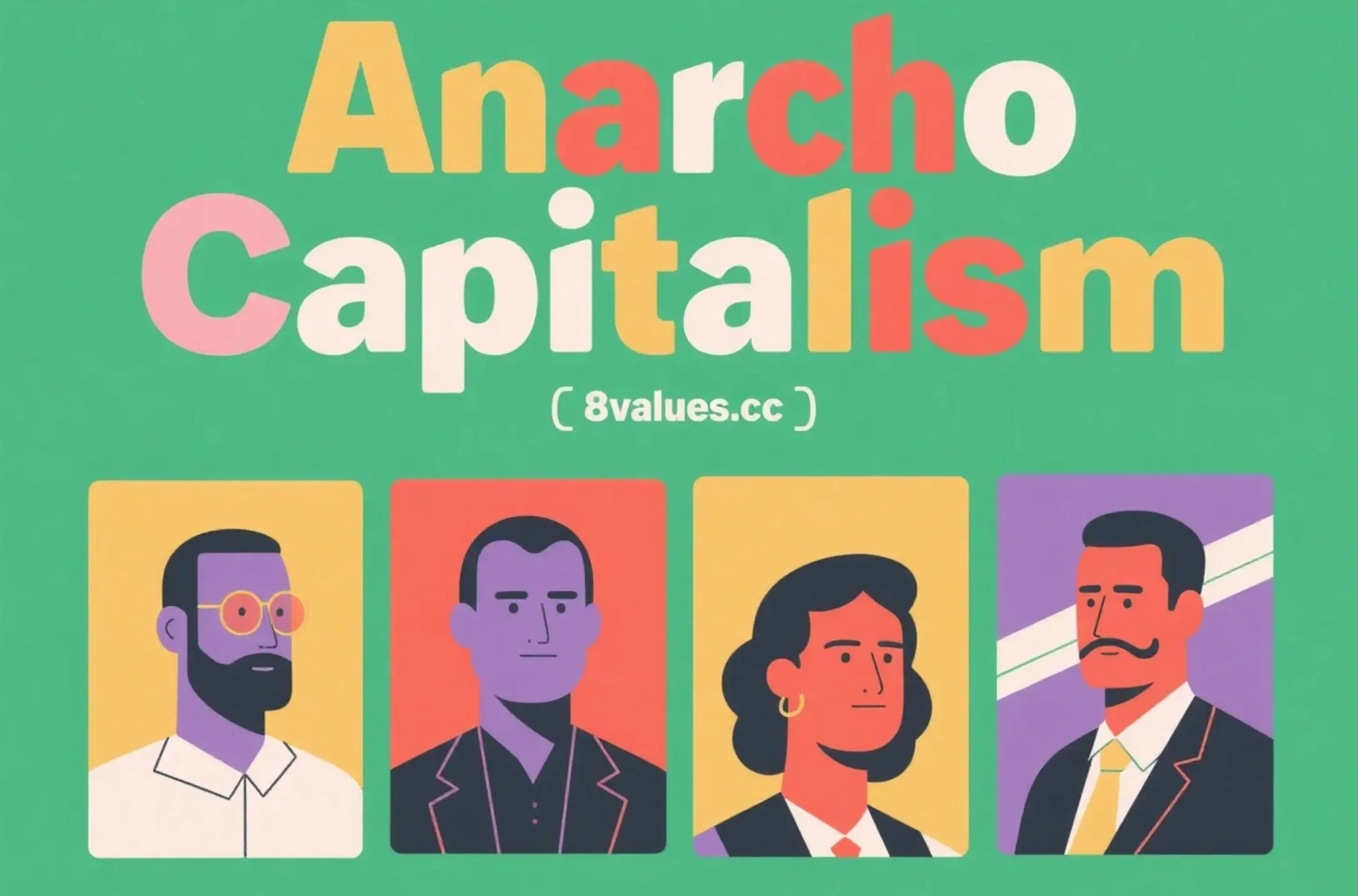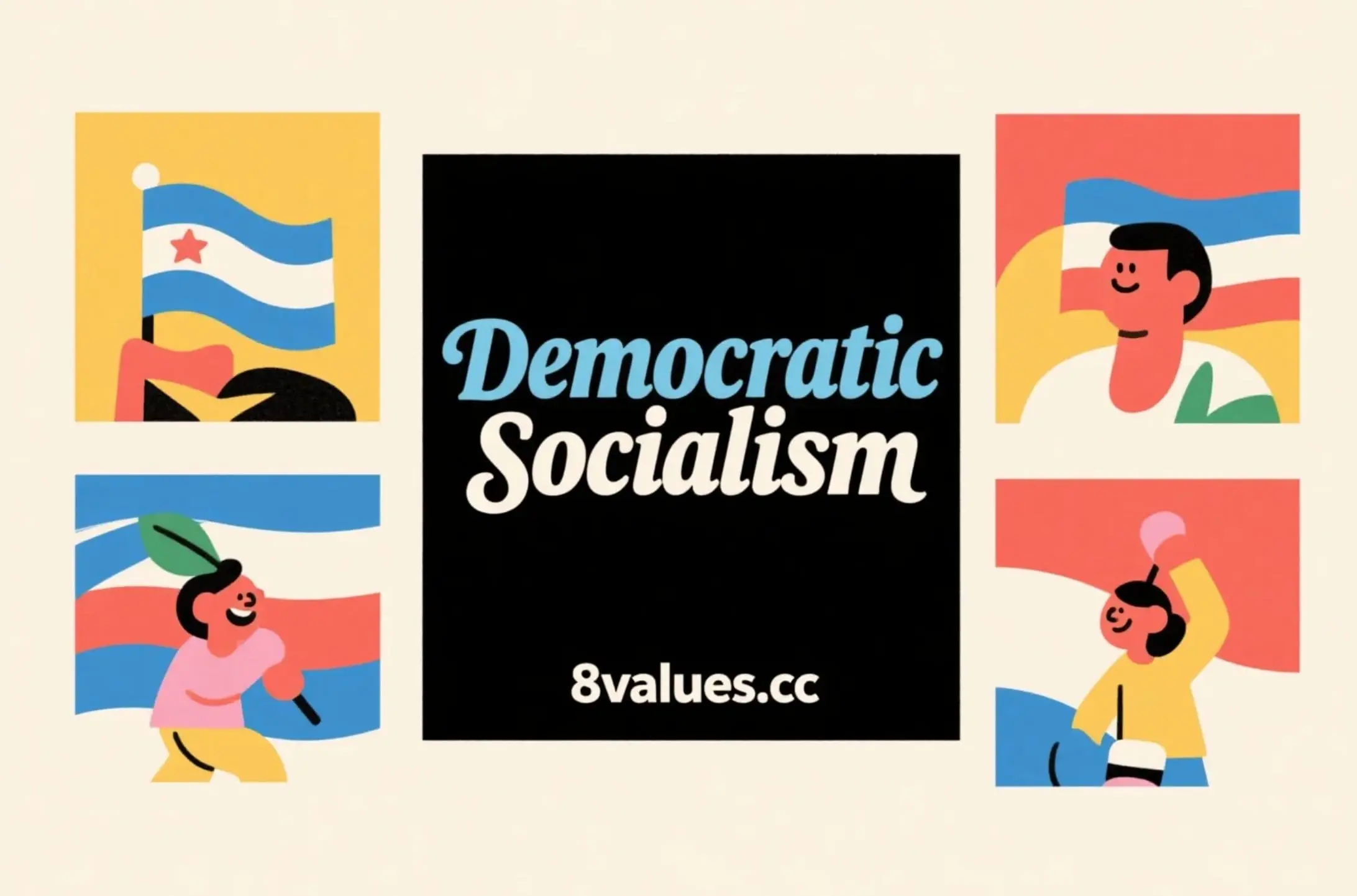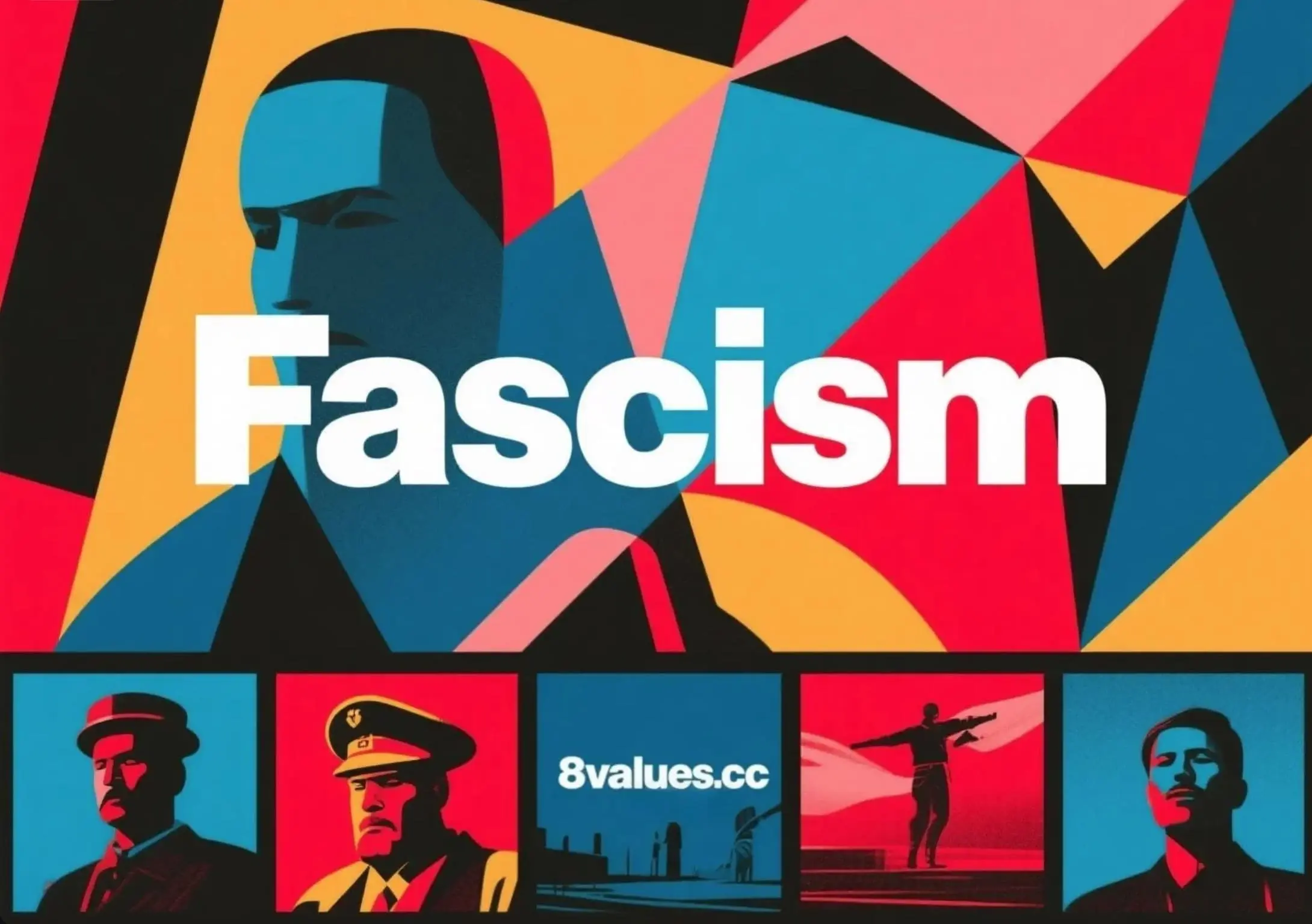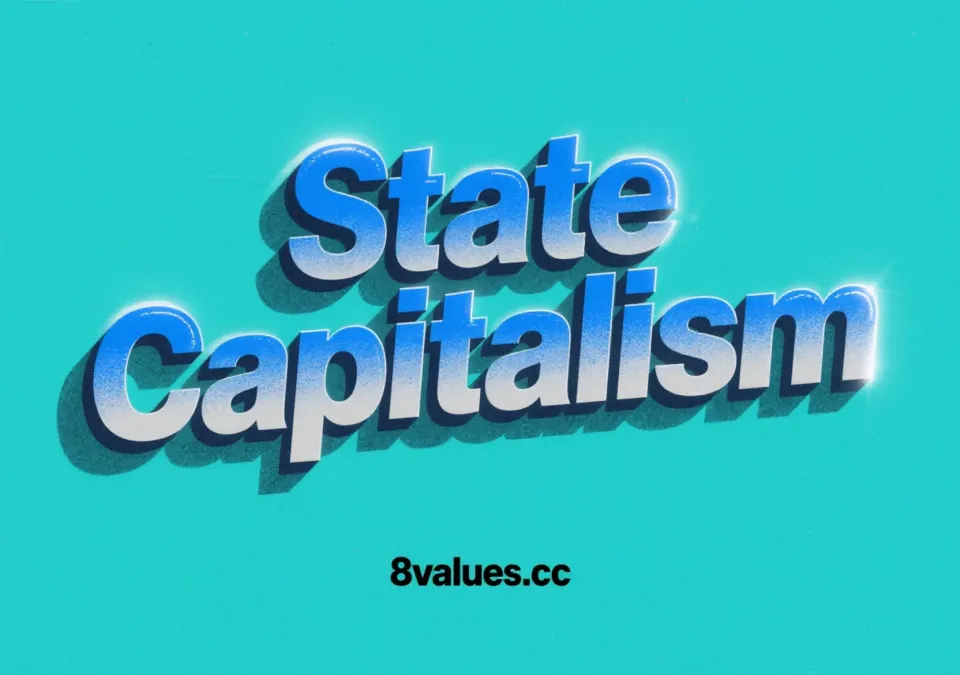The revolutionary nature of the bourgeoisie: Marx's affirmation and criticism of the historical contribution of capitalism—interpretation of the Communist Manifesto
The Communist Manifesto is one of the most influential political documents in history and comprehensively elaborates on the historical materialism of Marxism. The article deeply analyzes how Marx and Friedrich Engels affirmed the most revolutionary role played by the bourgeoisie in history in Chapter 1 of the Communist Manifesto, and how this revolutionary created historical prerequisites for the arrival of communism.
The Communist Manifesto (formerly known as the "Communist Alliance Manifesto"), co-written by Karl Marx and Friedrich Engels in February 1848, is a programmatic document of scientific socialism . This document is still regarded by many Western countries as an important tool to analyze the ills of capitalism and the path of human development. In the "Communist Manifesto" , Marx and Engels not only criticized capitalism, but also objectively affirmed the huge revolutionary role played by the bourgeoisie in promoting the development of human society with their unique historical materialist perspective. They believe that class struggle is the driving force of all history to date, and the emergence of the bourgeoisie is an indispensable part of this historical process and is even regarded as a prerequisite for the historical victory of communism .
If you are interested in your own political values, you can try the 8 values political values trend test , which provides a detailed analysis of different ideologies to help you understand your position in socio-political coordinates more clearly.
The Engine of History: The Complete Destruction of Feudal Relations by the Bourgeoisie
Marx and Engels clearly pointed out in the Communist Manifesto that the bourgeoisie , the modern capitalist class, historically, played "the most revolutionary role." The rule of the bourgeoisie is the product of a series of changes in modes of production and exchange , and its origins can be traced back to the discovery of America and the opening of the world market in the Middle Ages.
This revolutionary nature is first reflected in the ruthless destruction of the old feudal social structure:
- The bourgeoisie "cut off all kinds of feudal bonds that bind people and 'natural elders'" and left no connection between people except "natural interests" and "ruthless 'cash transactions'" .
- The bourgeoisie "destroyed all feudal, patriarchal and idyllic relationships."
- They replaced "explosion covered up by religious and political fantasies" with "naked, shameless, direct, cruel exploitation."
- It "turns personal value into exchange value" and replaces countless franchised and vested freedoms with "an unconscionable freedom" - "Free Trade" .
- It even drowned the religious piety of "the most holy heavenly fanatic" , the knight's "heroic heart" and the "sadness of mediocre people" in the "ice water of selfish calculation" .
Marx and Engels observed that where the bourgeoisie held power, it established a modern representative state , and the executive power of the state was nothing more than "a committee that governs the common affairs of the entire bourgeoisie."
Liberation of productivity and establishment of world markets
The most significant contribution of the bourgeoisie in history lies in its ongoing revolution in the tools of production and the relations of production . Marx and Engels pointed out that the bourgeoisie cannot survive unless it "revolutionizes the tools of production, and thus the relations of production, and thus the entire social relations." This characteristic of continuous revolution is unique to the capitalist era.
This uninterrupted revolution has brought unprecedented material achievements:
- The great creation of productivity: The modern bourgeoisie The productivity created by society in less than a hundred years of class domination is more than the total productivity created by "all generations in the past" .
- The development of the world market: the bourgeoisie pursues the ever-expanding product sales and travels around the world. It exploits the world market , making “production and consumption of all countries” global.
- Acceleration of globalization: cheap commodities are the "heavy artillery" used by the bourgeoisie to destroy all the "Great Wall" and force the "most barbaric nations" to accept their modes of production. The bourgeoisie forces all nations—if they do not want to perish—to adopt the bourgeois mode of production, making them themselves bourgeois . This greatly eliminates the "one-sidedness and limitations of the nation" .
- Urbanization and concentration: This industrial development has led to the gathering of population in large cities, freeing the vast majority of rural residents from the "state of ignorance of history."
This huge progress in productivity is the material basis required by communism to realize the "freedom union" . Marx and Engels emphasized that this material progress based on science and reason is a historical prerequisite for historical development to the next stage (i.e. Socialism or communism ).
The Inner Contradiction of Capitalism: The Birth of Grave Diggers
Although the bourgeoisie played the most revolutionary role , Marx and Engels' analysis was not limited to praise. They believe that while creating huge productivity, the bourgeoisie will inevitably have internal contradictions and gravediggers that lead to its own demise.
The simplification of class opposition and the emergence of the proletariat (Bourgeoisie and Proletariat)
The bourgeois era has a distinctive feature, that is, it "simplifies class opposition." The entire society is increasingly divided into two hostile camps and two directly opposing classes: the bourgeoisie and the proletariat .
- The definition of the proletariat: the proletariat is the modern class of employed workers . They have no means of their own production and have to sell their labor force , and only get a minimum wage to "extend and regenerate their own survival."
- The essence of capital: Capital is not a personal force, but a social force . Employment labor does not create any property for workers, it creates capital , that is, the kind of property that "exploits wage labor" .
- The essence of exploitation: In bourgeois society, "living labor" is just a means to proliferate "accumulated labor" ; in communist society, "accumulated labor" is just a means to expand, enrich and improve workers' lives. The dominance of the bourgeois society is determined by the past, while the dominance of the communist society is determined by the present.
The bourgeoisie must constantly hire the proletariat , and the number of the proletariat increases with capital. The progress of industry is also the basis for the union of the proletariat as a class.
The inevitable demise of capitalism and the call of revolution
Marx and Engels asserted that the rule of the bourgeoisie was "not adapted to society" because the bourgeoisie was unable to ensure that the class it enslaved could survive "under such a system of slavery."
- The backlash of production tools: The bourgeoisie, the production tools used to overthrow the feudal system, are in turn opposing the bourgeoisie itself. Productivity has developed beyond the limits of bourgeois ownership relations .
- Crisis outbreak: Capitalism will inevitably experience cyclical economic crises, which exposes the "danger of over-constrained markets."
- The self-production of gravediggers: The most important thing that the bourgeoisie produces is its own "gravediggers" .
- The conclusion of "two inevitable": "The demise of the bourgeoisie and the victory of the proletariat are equally inevitable."
In Marx and Engels's view, the way to resolve this contradiction can only be a revolution of the proletariat . They publicly declared that their purpose “can only be achieved by violent overthrowing all existing social systems.” The first step in the proletarian revolution is to "elevate the proletariat to the ruling class and strive for democracy."
The mission of the Communists and the proletariat (Proletarians and Communists)
Communists are not independent parties that are opposed to other working-class parties. Their purpose is consistent with the purpose of all other proletarian parties : "To form a class for the proletariat, overthrow the rule of the bourgeoisie, and to seize power by the proletariat."
The Communists ' theory can only be summarized in one sentence: "Abolition of private property" . They emphasized that what is to be abolished is not private property in the general sense, but "private property of the modern bourgeoisie" , which is a production and possession system that is "based on class opposition and exploitation of the majority by the minority as the ultimate and most complete manifestation."
To achieve this, in the most advanced countries, the proletariat will take a series of measures after seizing power (called "Transitional Measures" in the Communist Manifesto). These measures include, but are not limited to:
- Deprivation of land ownership and land rent is used for public purposes.
- Implement high progressive or Graduated Income Tax.
- Abolish all inheritance rights .
- Credit is concentrated in the hands of the state through the state's bank with its own state capital and exclusive monopoly.
- Concentrate all transportation industries in the hands of the country.
- Implement free public education for all children and cancel the labor in the factory of child labor .
Ultimately, the proletariat will use its political rule to "increase the total productivity as quickly as possible" , and after class opposition disappears, a "consortium" (Association) that replaces the old bourgeois society, in which "the free development of everyone is the condition for the free development of all people" .
Eternal Summon: Proletarians all over the world, unite! (Workers of the World, Unite!)
The Communist Manifesto has been in its lasting influence, and since its first published in London in 1848, it has been translated into more than 1,000 versions in more than 200 languages, making it one of the most widely read political literature in the world.
This programmatic document is not only a historical analysis, but also a call for future actions. It appeals to the world with its famous ending:
"The Communists disdain to hide their views and intentions. They publicly declare that their purpose can only be achieved by violent overthrow of all existing social systems. Let the ruling class tremble in the face of the communist revolution. What the proletariat lose in this revolution is only chains. What they will gain will be the whole world."
"Working Men of All Countries, Unite! )
This slogan embodies the internationalist spirit advocated by the Communist Manifesto , recognizing the interests of the working class that crosses national boundaries. Although the content and practice of the Communist Manifesto have caused widespread controversy and different interpretations in history, the class struggle it reveals and the profound analysis of the drawbacks of capitalism are still regarded as an important theoretical cornerstone for understanding modern society.
If you want to further explore the differences between different political ideologies and the positioning of theories such as communism in contemporary society, we sincerely invite you to visit the 8Values Political Ideology Testing official website for free 8values political tests and explore your political values. By reading a series of articles on the official blog , you can better combine theoretical knowledge with current political reality to examine the complex ideological spectrum from a more professional perspective.
